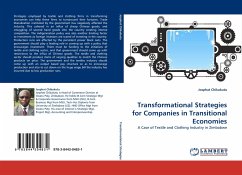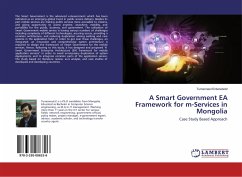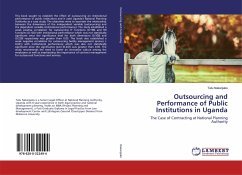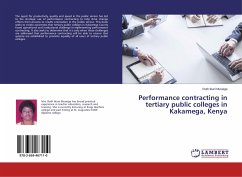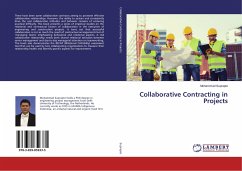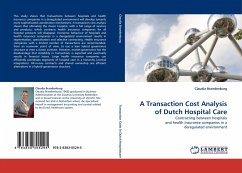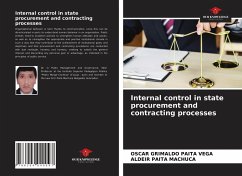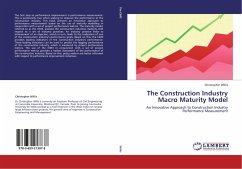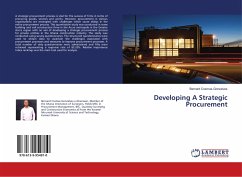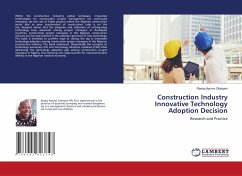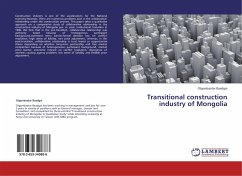
Transitional construction industry of Mongolia
Versandkostenfrei!
Versandfertig in 6-10 Tagen
32,99 €
inkl. MwSt.

PAYBACK Punkte
16 °P sammeln!
Construction industry is one of the accelerations for the National economy.However, there are numerous problems exist in the collaborative relationship under the construction process. This paper takes a qualitative approach on a comparative study of collaborative relationship in the construction industry of Mongolia pre- vs. post- institutional transition in 1990. We find that in the pre-transition, collaborative relationship was authority based because of homogenous participant background,command entry barrier,formal decision law on conflict resolution, high sense of liability, rare price adj...
Construction industry is one of the accelerations for the National economy.However, there are numerous problems exist in the collaborative relationship under the construction process. This paper takes a qualitative approach on a comparative study of collaborative relationship in the construction industry of Mongolia pre- vs. post- institutional transition in 1990. We find that in the pre-transition, collaborative relationship was authority based because of homogenous participant background,command entry barrier,formal decision law on conflict resolution, high sense of liability, rare price adjustment, whereas, in the post-transition, collaborative relationship is trust based or opportunism driven depending on whether long-term partnership and free market competition because of heterogeneous participant background, market entry barrier, economic interest on conflict resolution, divergence of interests causing agency problem, low sense of liability, and flexible price adjustment.



